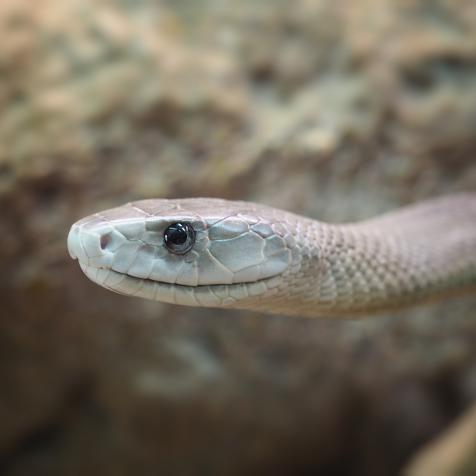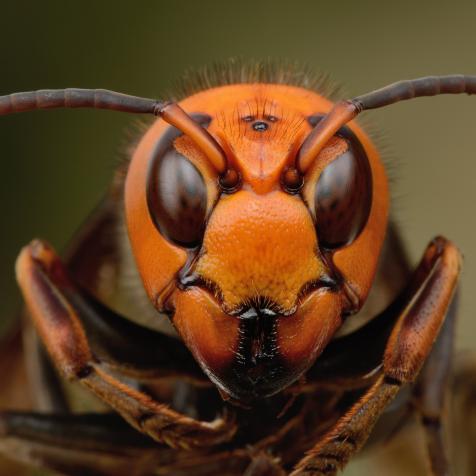
by wildestanimal
The Ocean is Too Loud for Marine Life
Marine life is asking you to turn the music down - when you’re around or in the ocean- please!
Have you ever had the feeling where it’s so loud you can’t think? Did you ever think a fish could experience that feeling, too? A recent paper published in Science titled “Soundscape of the Anthropocene Oceans”, combined over 10,000 scientific papers and 25 authors, confirming that undersea life knows that exact same feeling, more often than not! Anthropogenic ocean noise, aka underwater noise pollution, has created a dramatic impact on marine life due to “human-caused” activity within and neighboring our oceans.

Brent Durand
Disney Pixar’s animated film Finding Nemo educated us about the ocean, and specifically within the ordinary world of a clown fish. A fact many may not know is that clown fish spend the first part of their lives as larvae, drifting with the current of the ocean until they’re strong enough to swim against it. Once they’re mighty and strong, they head home, only there’s one catch- the fish can’t physically see the reef, but they can hear it- “snapping, grunting, gurgling.” All these sounds are signs of a healthy reef. The only upside is, if they can’t hear it, will they ever make it home?
Our anthropogenic ocean noise, such as cargo ships, ship and boat propellers, surfing, deep sea mining, etc. are causing havoc on marine life. According to Time Magazine, “sound is the sensory cue that travels the farthest through the ocean.” Without the sense of sound, “anthropogenic noise drowns out the natural soundscapes, putting marine life under immense stress”, The New York Times states. Altogether, this stress then affects their “overall health, disrupting their behavior, physiology, reproduction and, in extreme cases, causing mortality.” Marine life can adapt to noise pollution, however, only if they can escape it. This only renders further complications of straying species from their traditional breeding regions or separating them from their families.

Felix Cesare
Now, what if we told you there’s already a solution. Multiple remedies, ideas and designs currently in the works, or already exist to eliminate and reverse the damage of anthropogenic ocean noise. As Time explains, “[f]rom wind-powered ships to noise-reducing propellers, floating wind turbines and “bubble curtains'' that muffle construction noise, the solutions are already available and in some cases, cost effective.” The authors of the paper hope it will catch policymakers' attention, who historically speaking have ignored the matter, still to this day.

Stephen Frink
Of all the challenges the ocean is tackling to battle, luckily sound pollution is the easiest compromise humans can make. Once the noise has decreased, marine life will be able to better navigate everything else it’s up against.
More About Oceanic Noise Pollution
Underwater Noise Pollution Strikes the Wrong Chord
Meet Morgan J. Martin, PhD, a marine scientist who studies underwater sounds with whales, dolphins, and porpoises. Morgan observes how these marine creatures – also known as cetaceans – many of which navigate their underwater habitats through echolocation.
NATURE | Sounds of the Ocean 00:59
Take one minute to enjoy the soothing sounds of the ocean and watch stunning scenes of crashing waves to swimming dolphins and whales. But with sound levels in the oceans rising constantly, noise pollution can interfere with marine mammals like whales and their ability to effectively communicate. This video includes some research/footage courtesy of University of Southern Denmark.









.JPG.rend.hgtvcom.336.252.suffix/1591739192725.jpeg)










